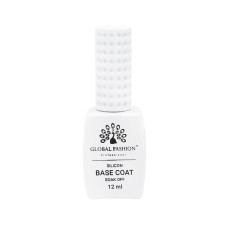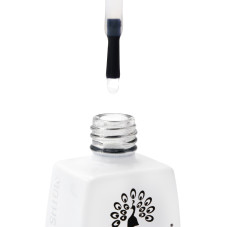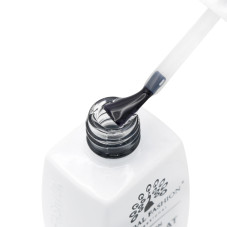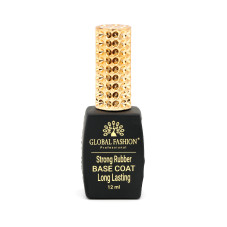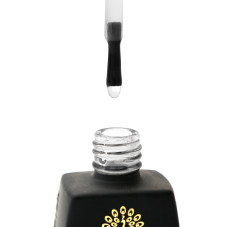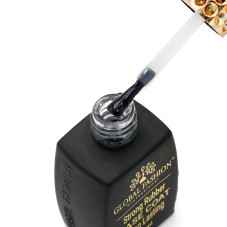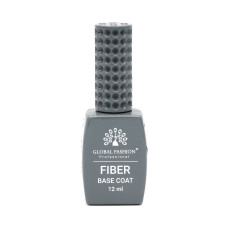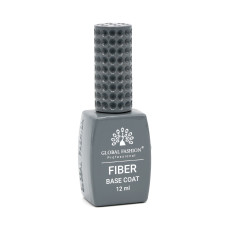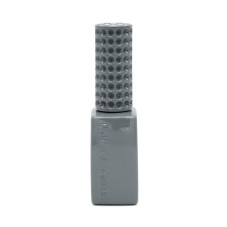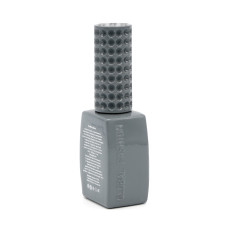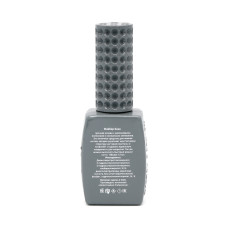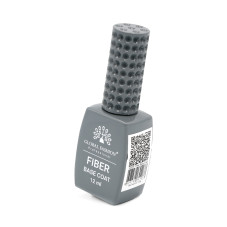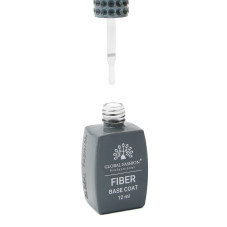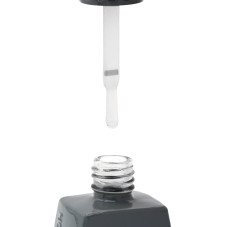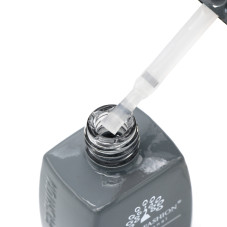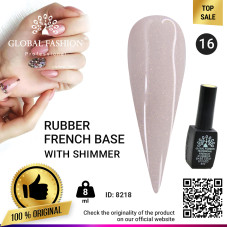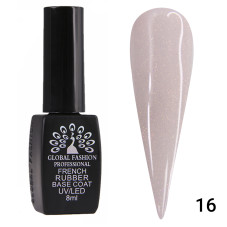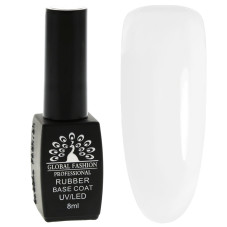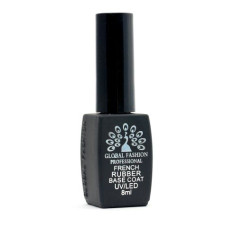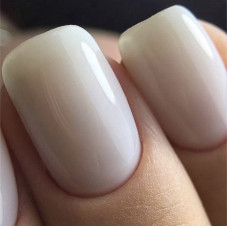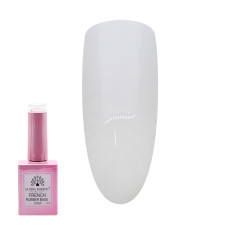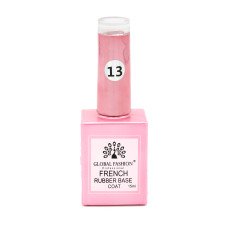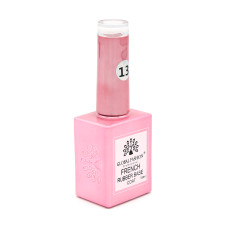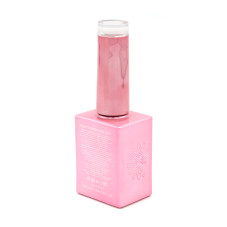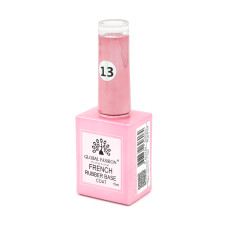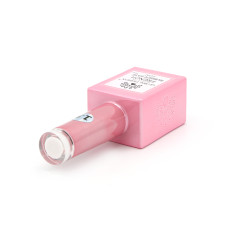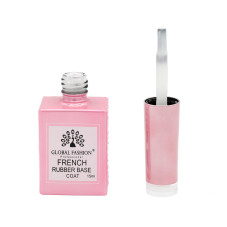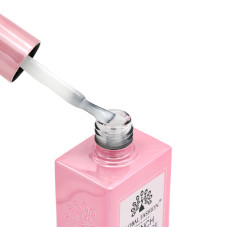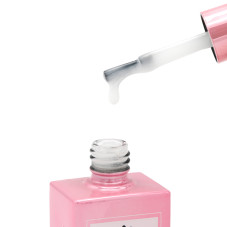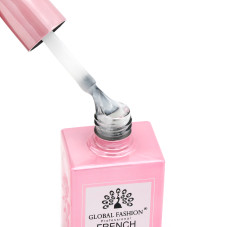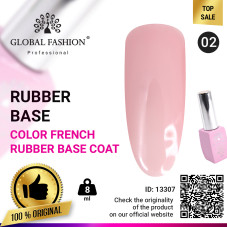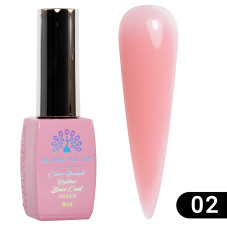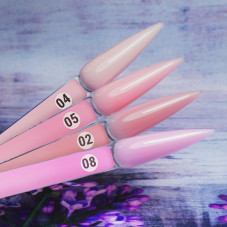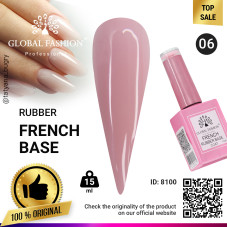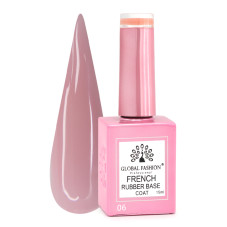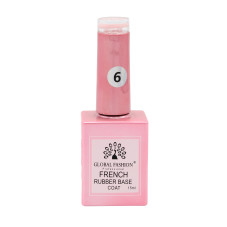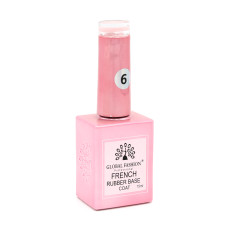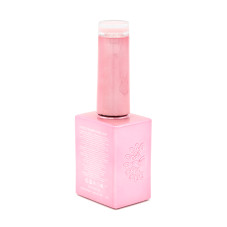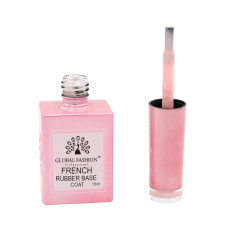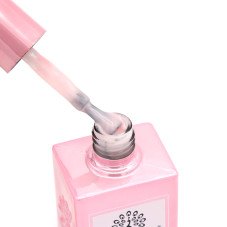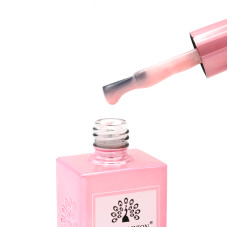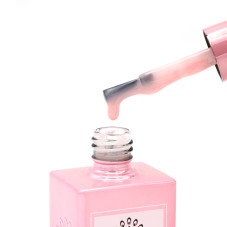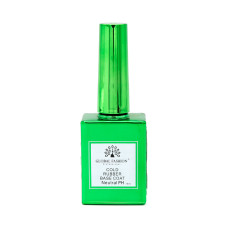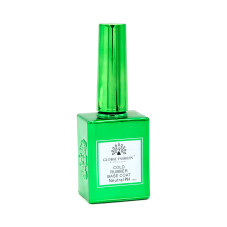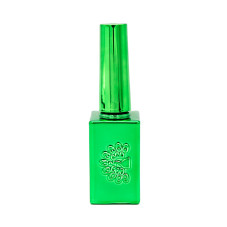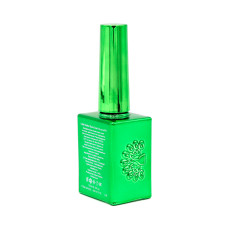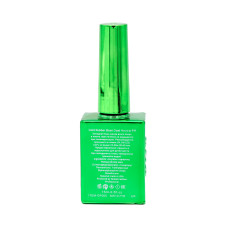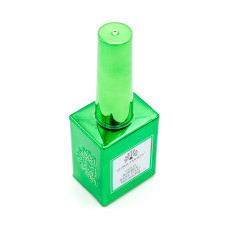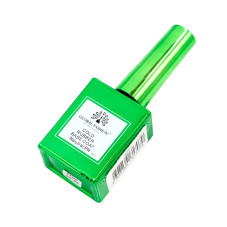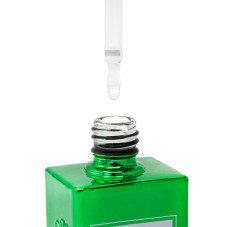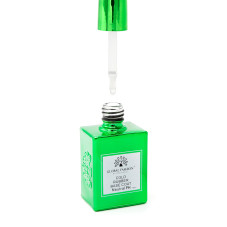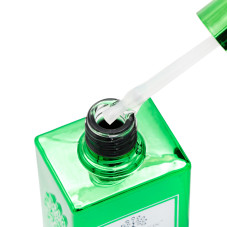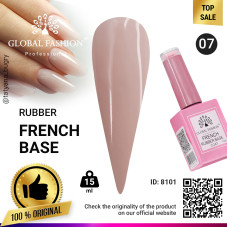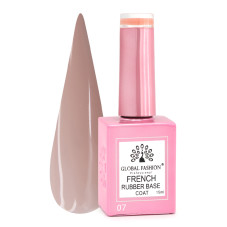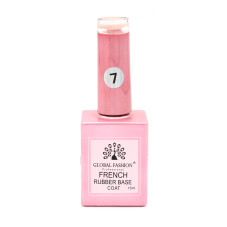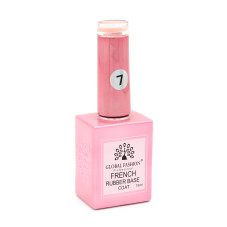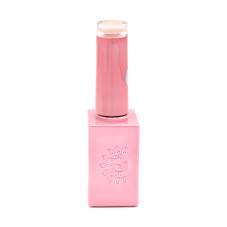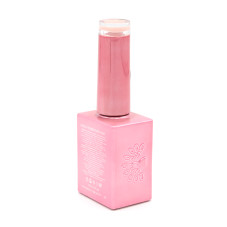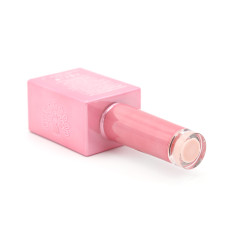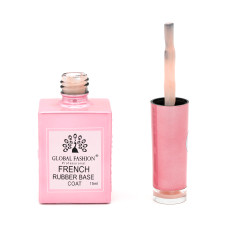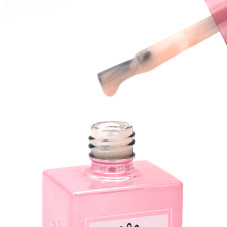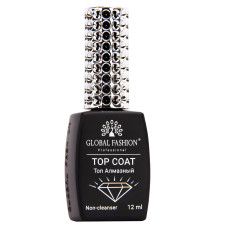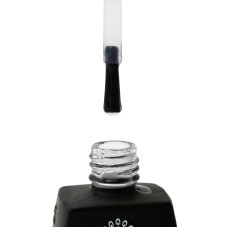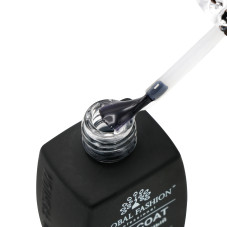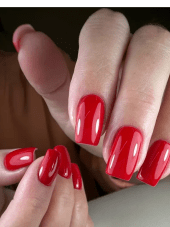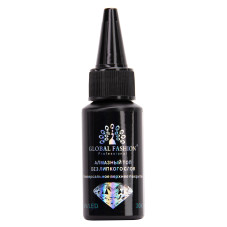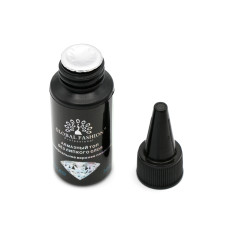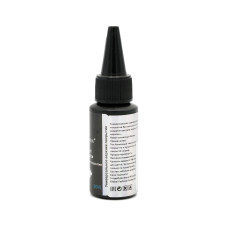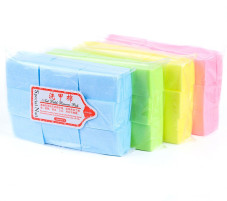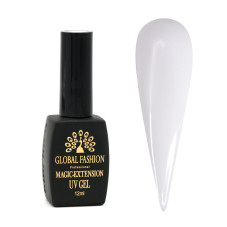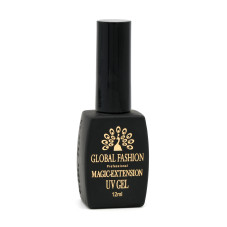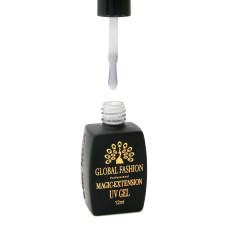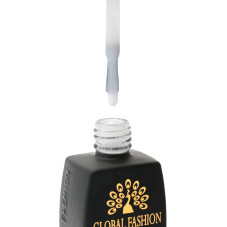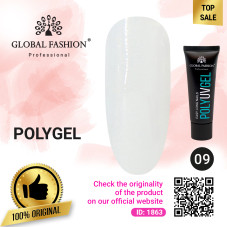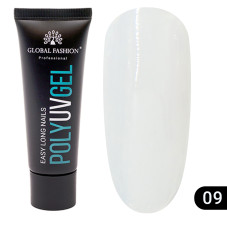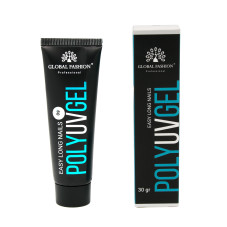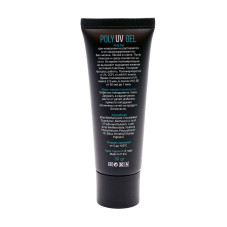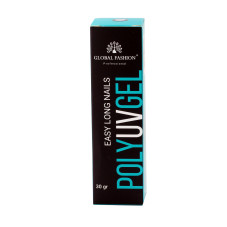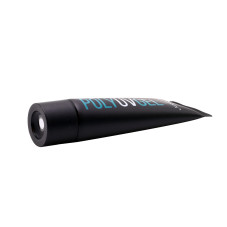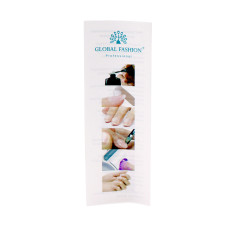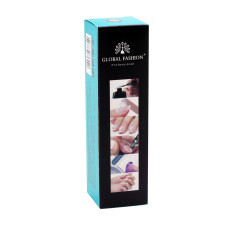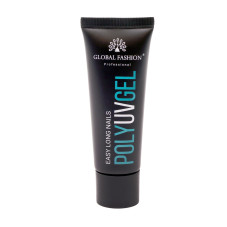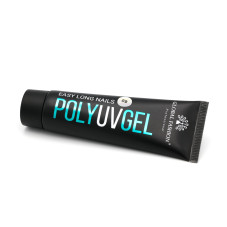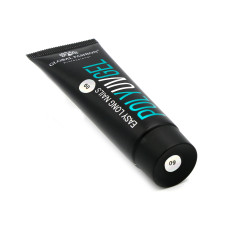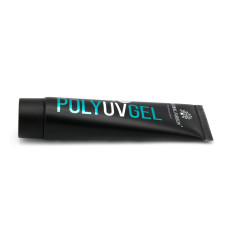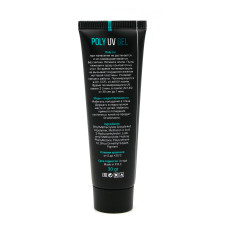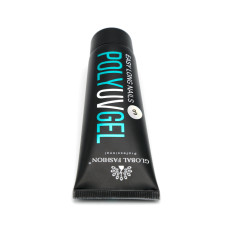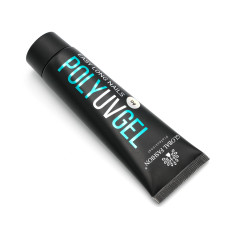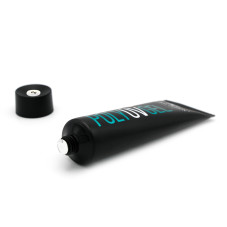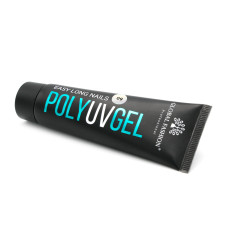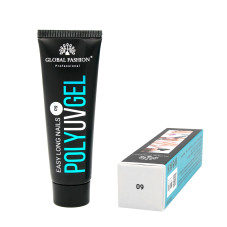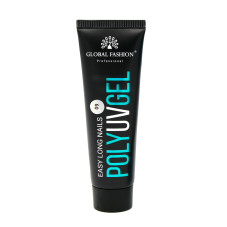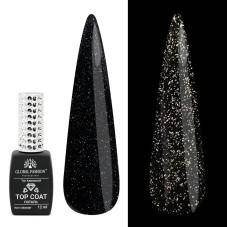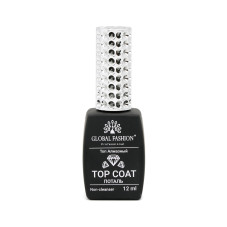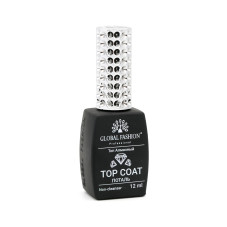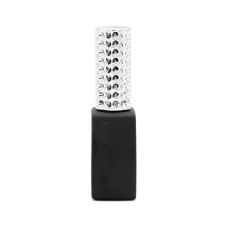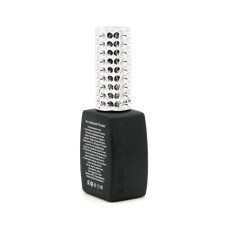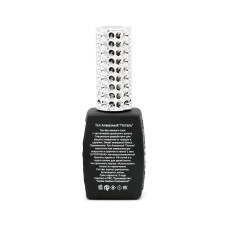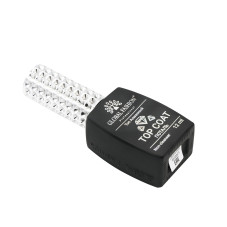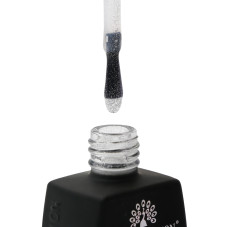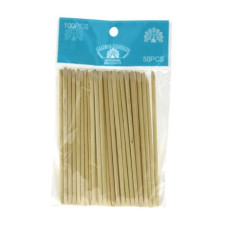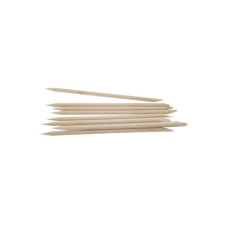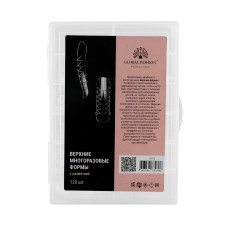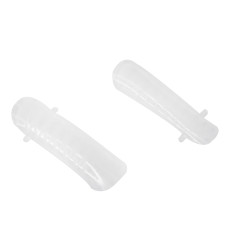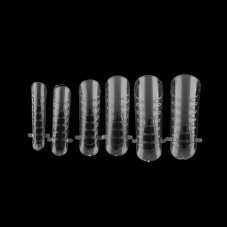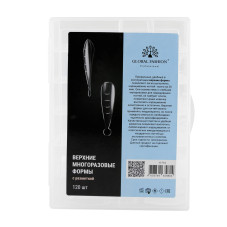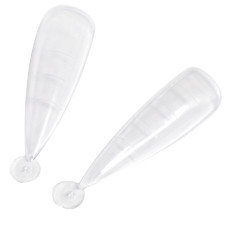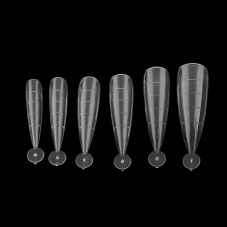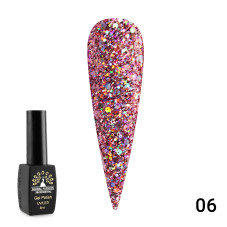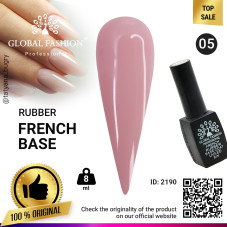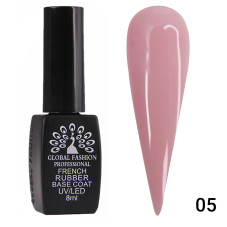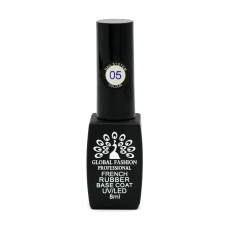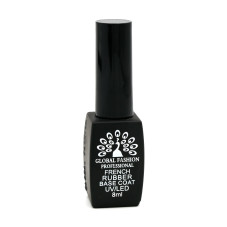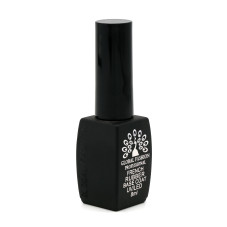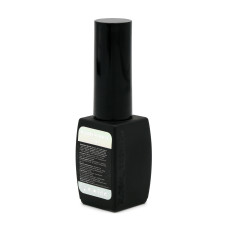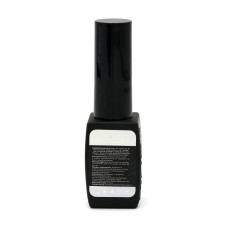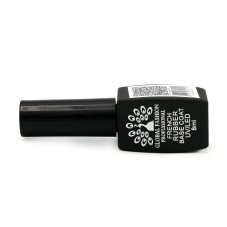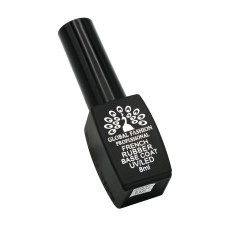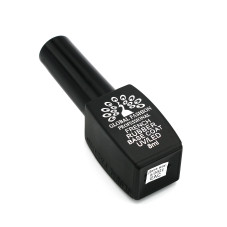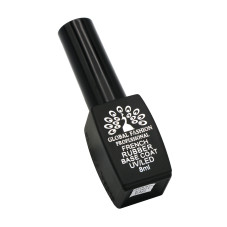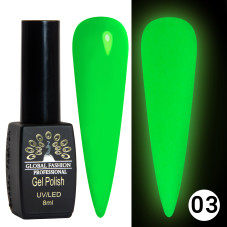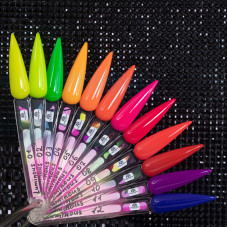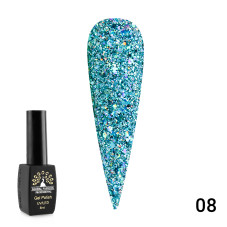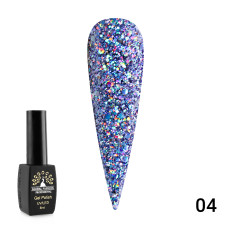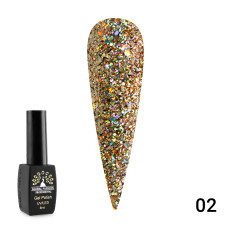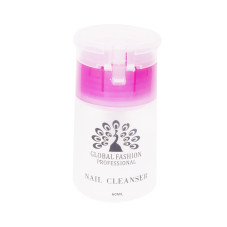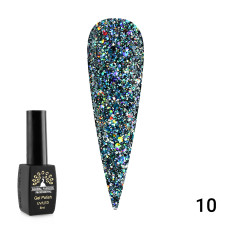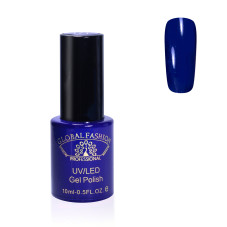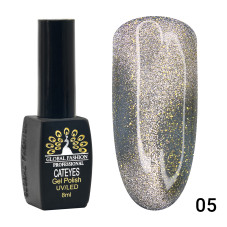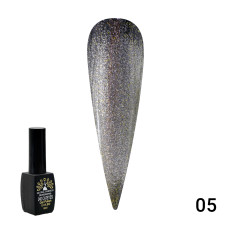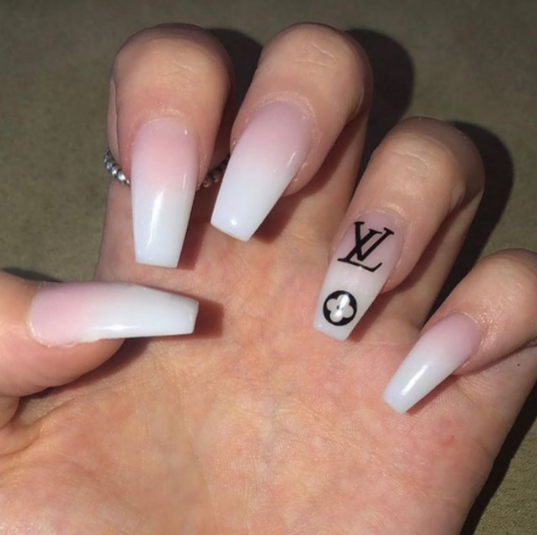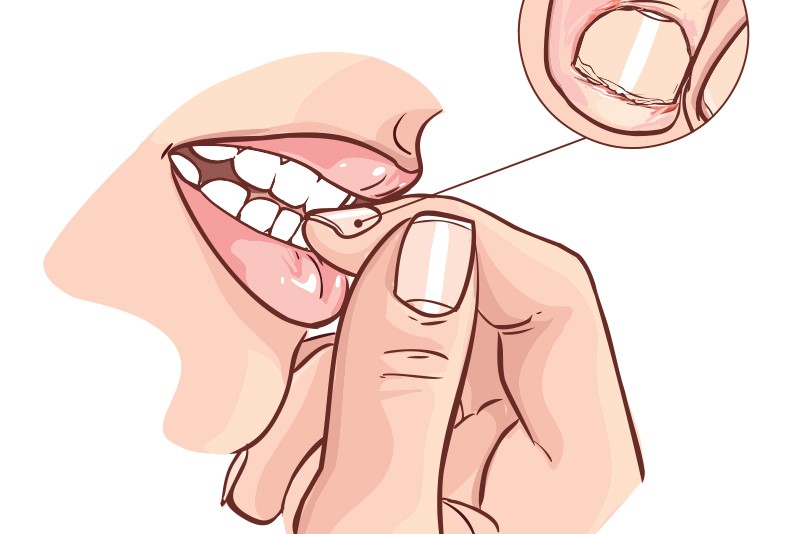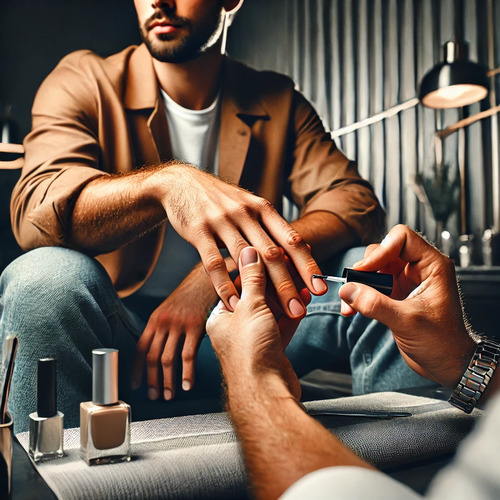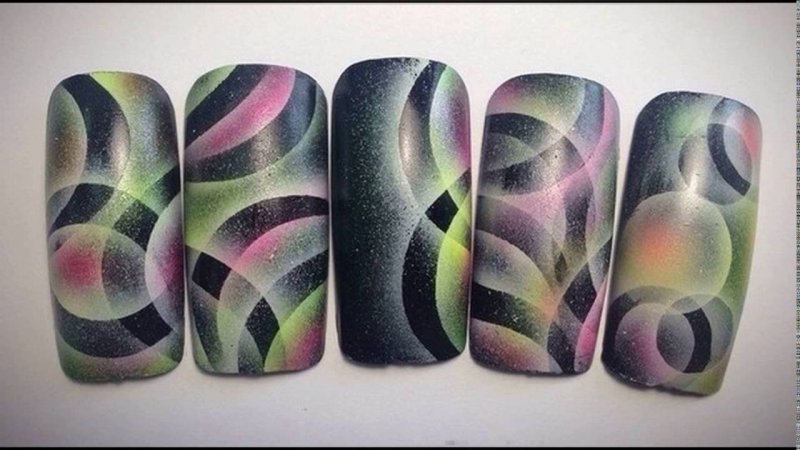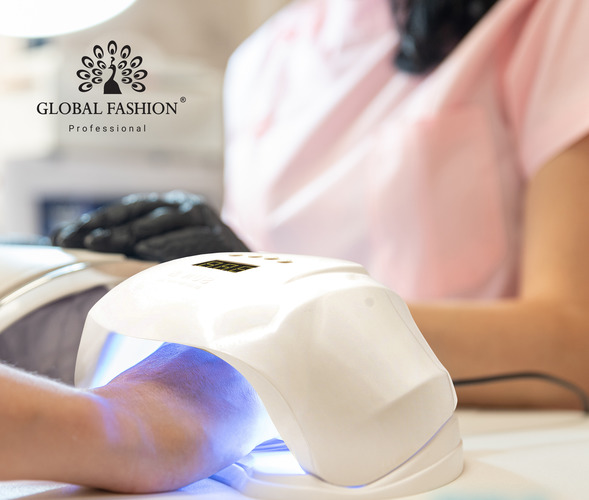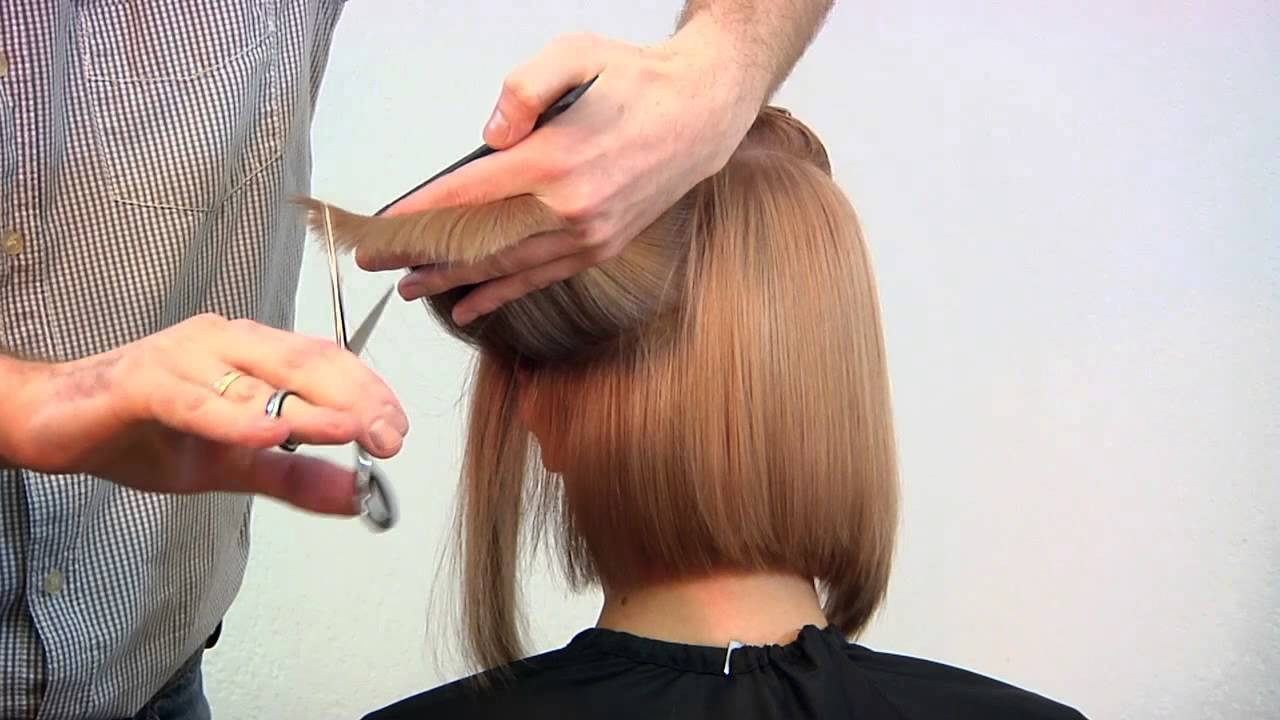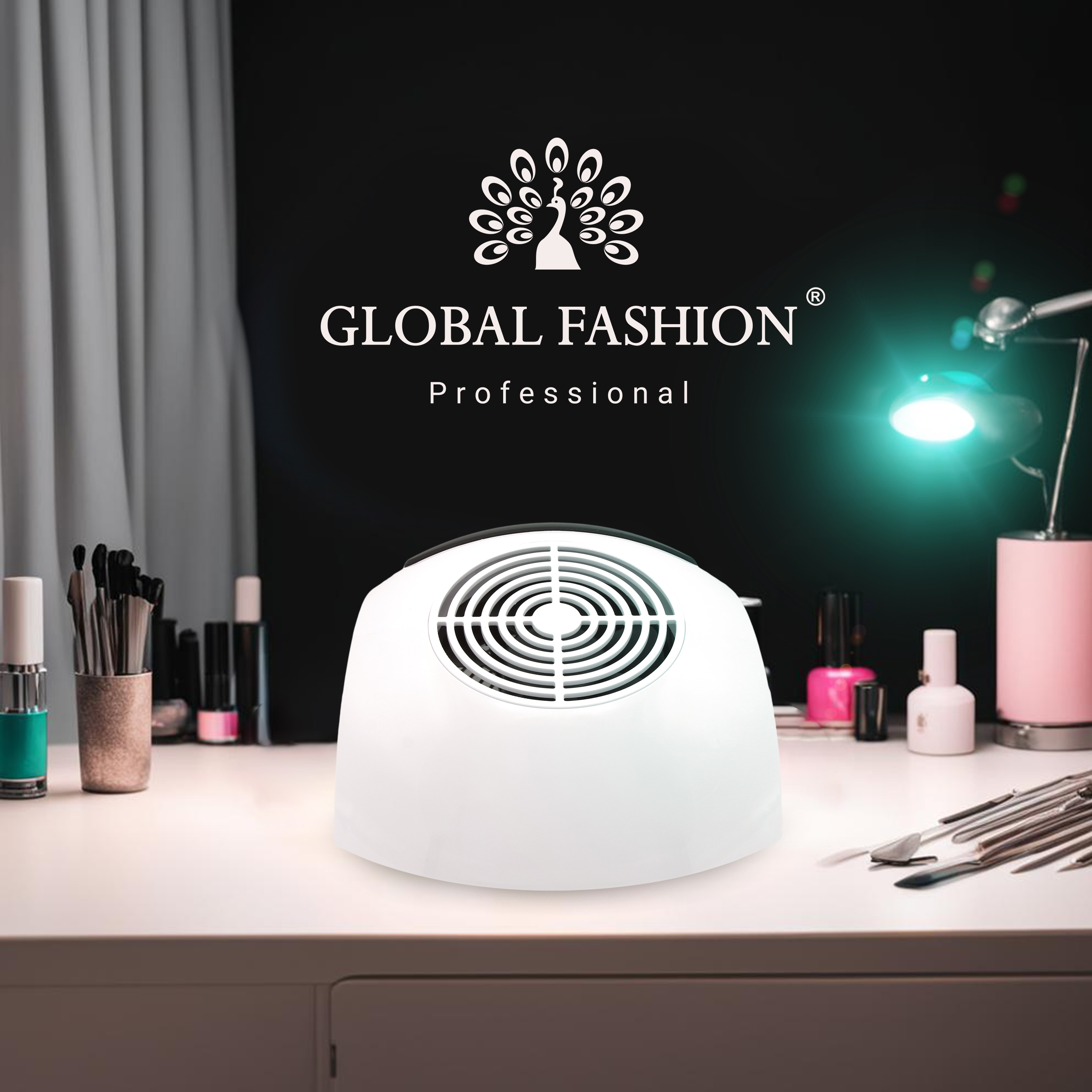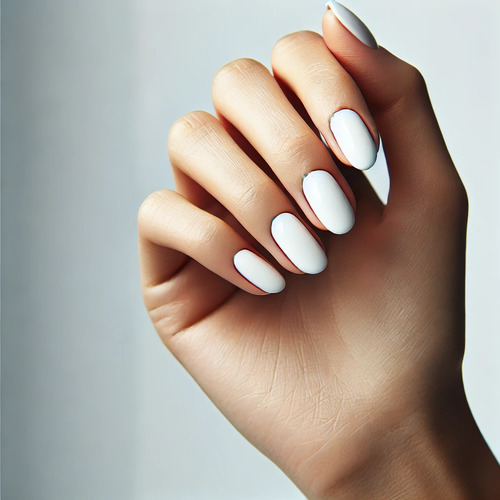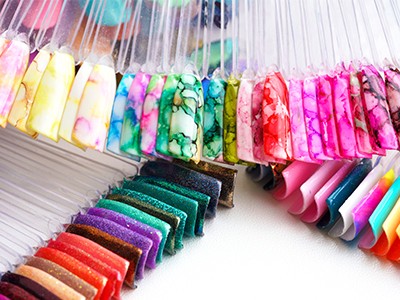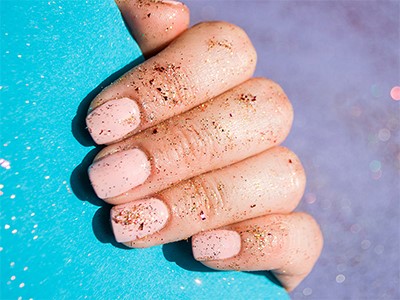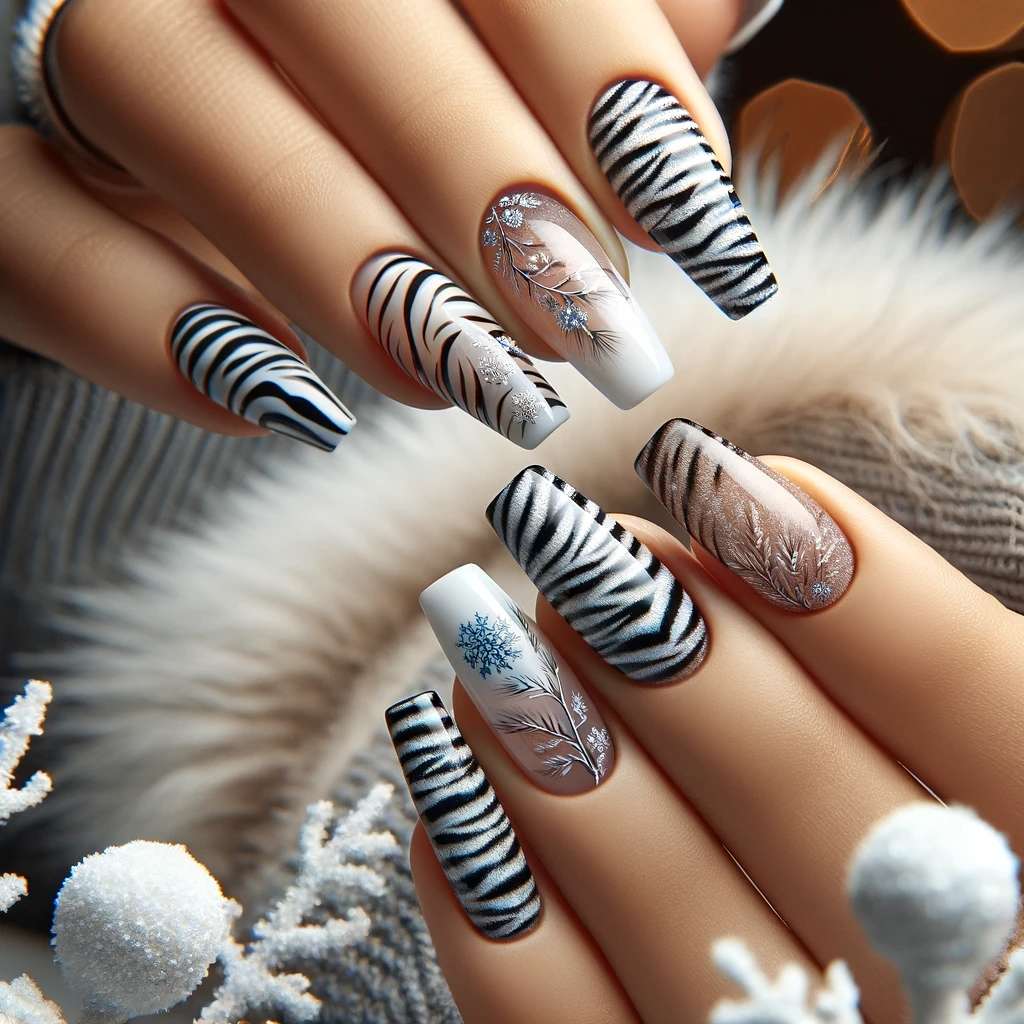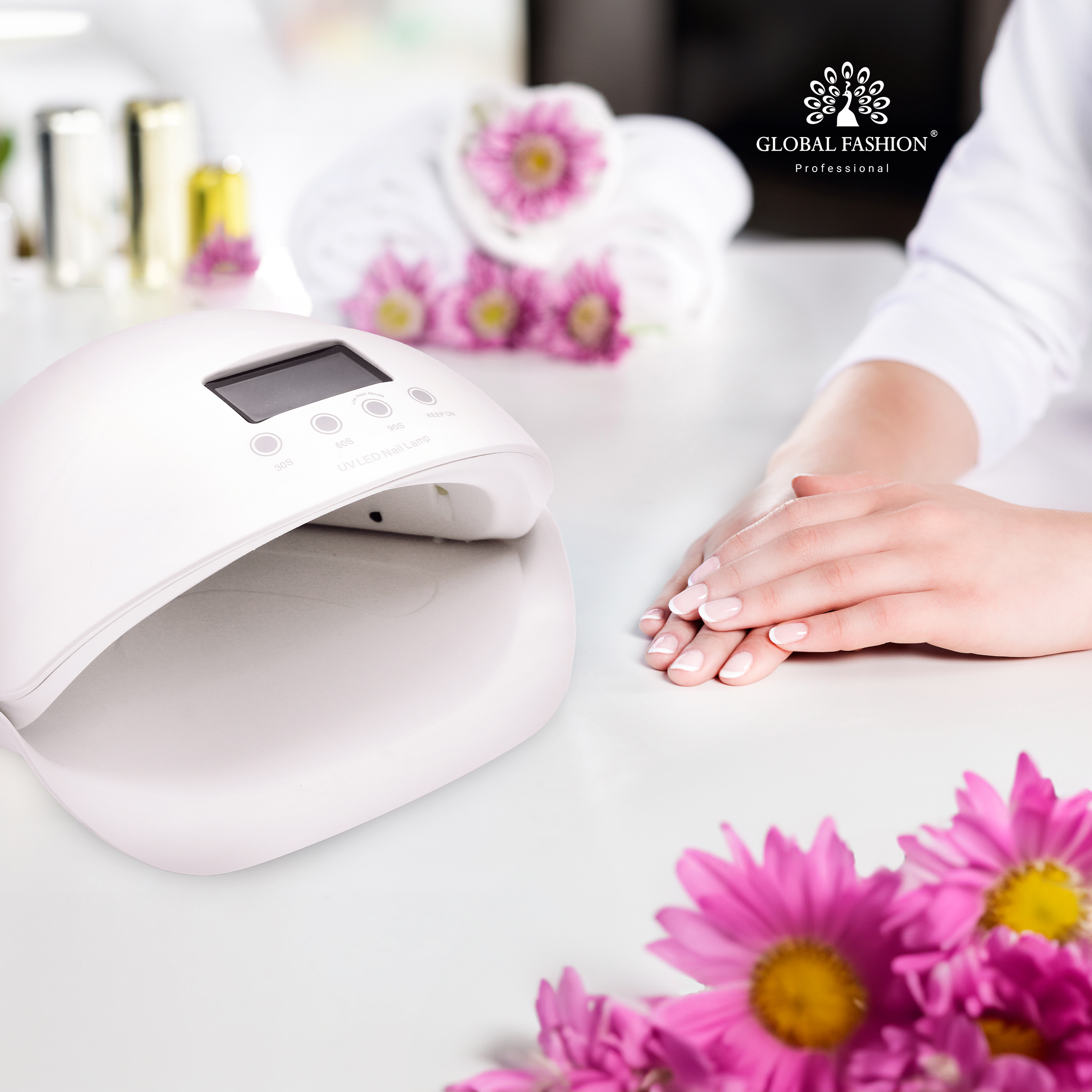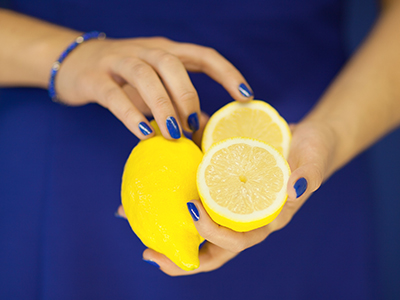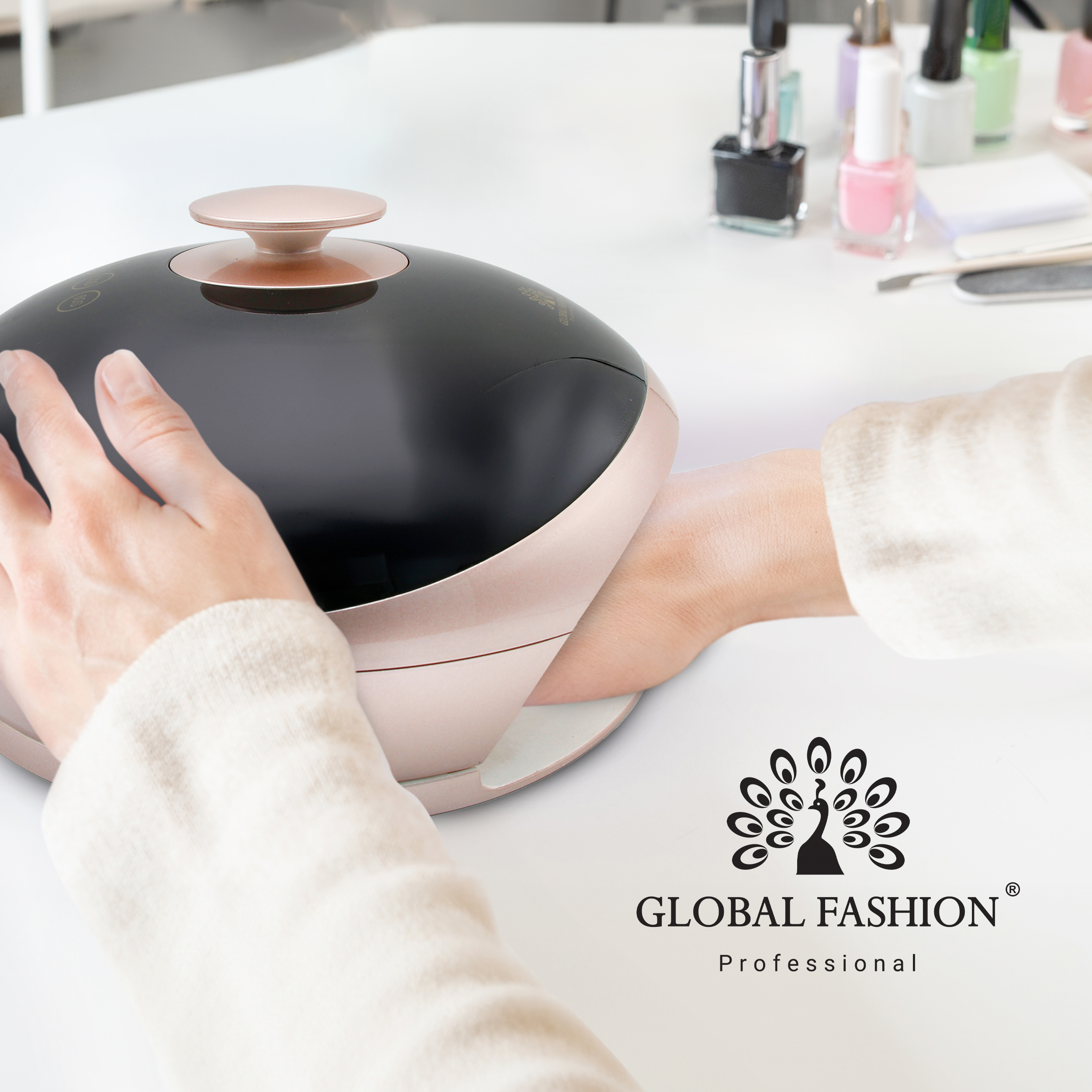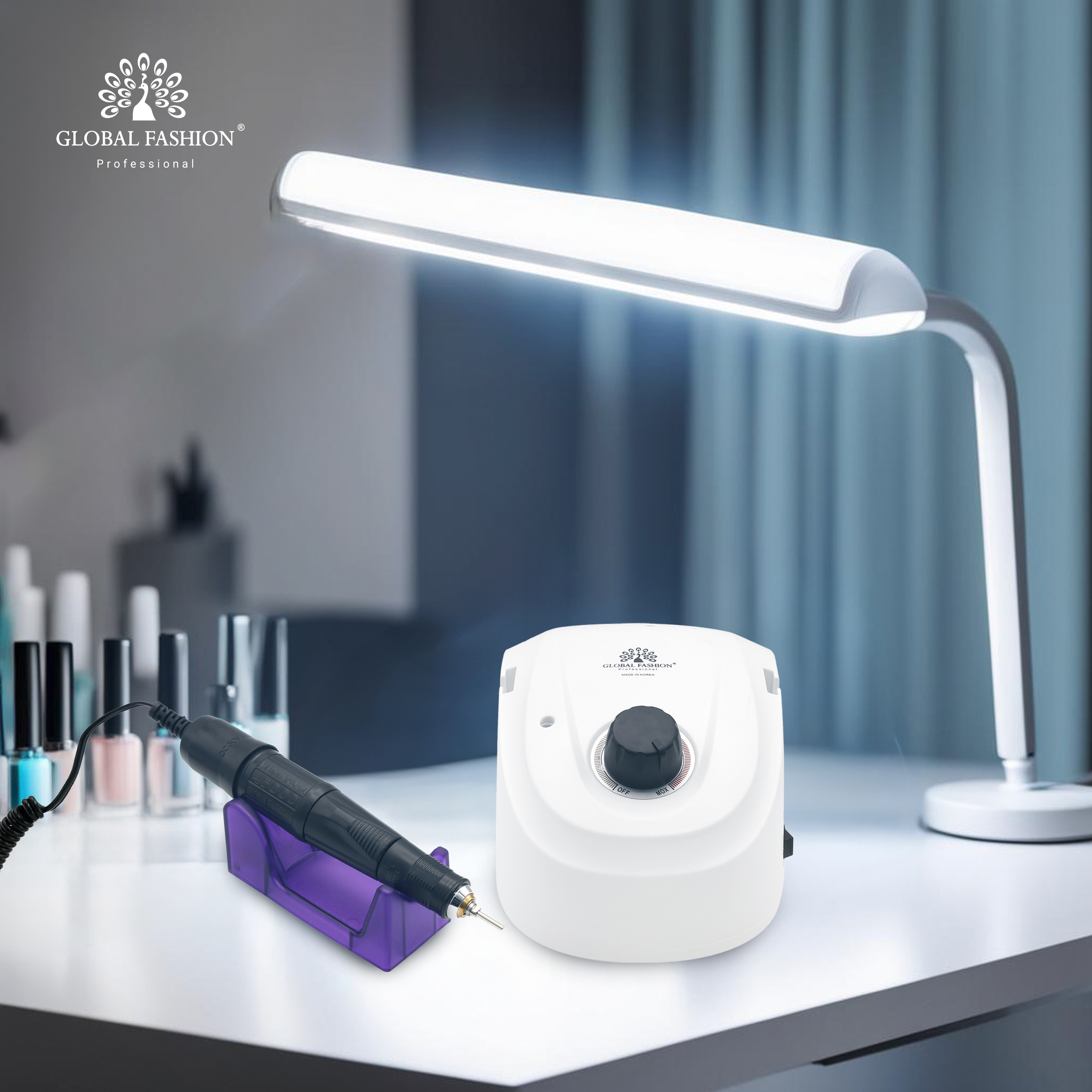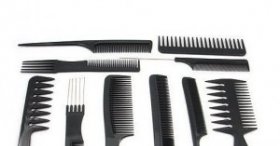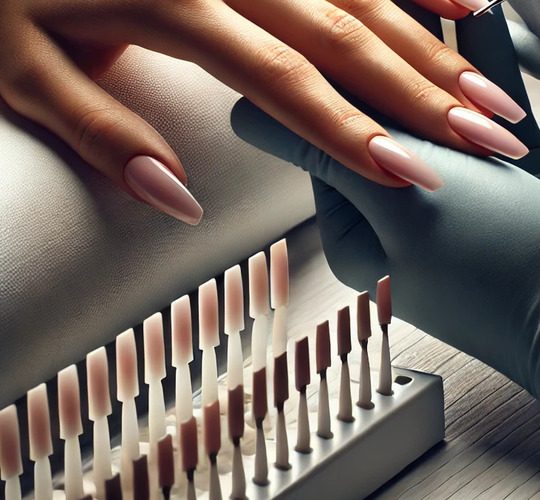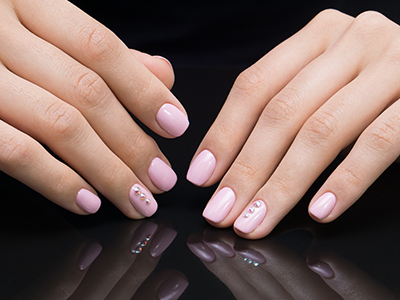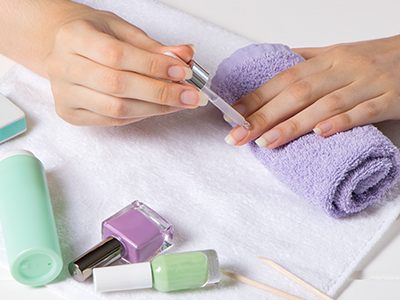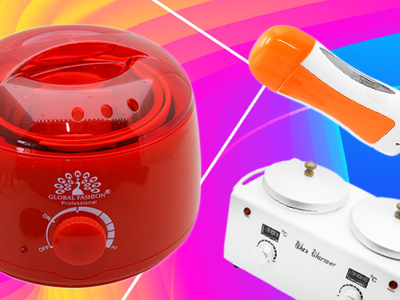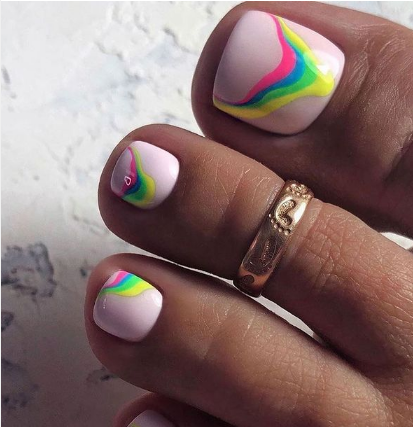Base for nails. All its subtleties
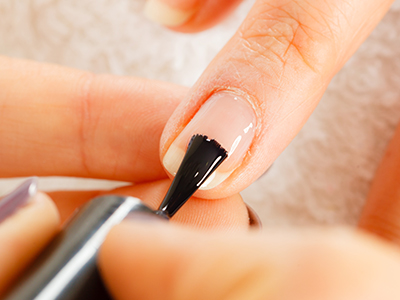
«I want to be beautiful!» girls, how is this familiar to you, isn't it? It is known that every girl dreams of being a «beauty», in every sense of the word, both externally, secretly and internally. If we focus on appearance, then here is a rather long and rich list: the desire for luxurious hair, beautiful makeup, a good figure, well-groomed nails. Of course, there is still a lot more that can be listed from what girls are ready to look at «all 100». One of the main foundations of «beauty» is manicure. After all, our hands can tell a lot about us, so manicure plays a very important role. Our time, this is the time of technology, and the nail industry does not stand still. There is so much to create a gorgeous manicure. One of the tools in creating a manicure is a nail base.
In this article, you have a unique opportunity to learn about all the intricacies of a base for nails.
Base for nails. Its functions
So, first, let's explain what a nail base is.
The base (base) is the base or initial layer that is applied to the nail plate. A tool that plays the role of a layer between the artificial turf and the nail plate. It is part of a three-phase application of gel polish: base - color - top.
And the base also protects the nail plate from the harmful effects of artificial materials, is a firming agent and prevents unwanted pigmentation.
The main functions of the nail base:
- Additional hydration and nutrition of the nail plate.
- A base that provides a stronger adhesion of the nail to the artificial material.
- Coating for therapeutic and prophylactic purposes, strengthening the nail plate: thanks to the base, owners of thin and brittle nails can wear an artificial coating for 2-3 weeks.
- A means to maintain the primary color
- Alignment of the nail plate, surface correction and masking of various defects
- It is also possible to build nails with a base.
- Protects the nail plate from coloring pigments.
- Aligns the nail plate, thereby hiding its defects and imperfections.
Note: It is the base that comes into direct contact with the nail, so it is important that it not only provides a long-lasting coating, but also does not harm the natural nail.
Types of nail base
Basecoats vary in color, composition and function. They are transparent, matte, natural pinkish (nude) shades, pink and colored. The main components of the bases - polymer and silicogel, are natural and safe for health.
Rubber. The most common base coat. The rubber in the composition seals and strengthens the structure of the nail, thanks to which the surface is easily leveled, simplifying the process of applying varnish or building nails. The rubber base is very easy to use. Due to its consistency, it will not flow onto the cuticle and side ridges. Another advantage is elasticity, thanks to which you will forget about chips and cracks. It is very easy for beginners to work with it.
Acrylic. The base of the base is a synthetic composition of a classic base and acrylic powder. This type of base is usually used for nail extension. Available in different shades. Suitable for girls with very thin nails, for those who do not have any coating on their nails.
Silicone. Easily lies on the nail plate, sealing and smoothing it. The tool simplifies the process of removing nail polish, making it as gentle as possible. The silicone base is a nail-shaped sticker that attaches to the plate. Designed for a weakened and damaged nail plate. Stickers protect natural nails, allowing you to wear coatings comfortably and safely, even those with dense pigmentation.
Vitamin. Healing base enriched with vitamins E and A is recommended for thin, brittle and damaged nails. It is often used post-build to activate the natural process of cell repair in the nail plate.
Camouflage base. Тhe main feature is the lack of transparency, the presence of a natural shade. It can align the nail plate, strengthen nails, protect. But its advantage is color. Camouflage base is a base coat and camouflage in one bottle. It can be milky, pinkish, natural beige.
Note: Camouflage bases are ideal for creating a French manicure! Also, it is a great option for office workers whose dress code does not allow the use of bright colors of artificial turf.
Water based. Suitable only for common varnishes. You cannot use it as a base for gel polishes. This base, due to the low content of chemistry, is suitable for people prone to allergies, pregnant and lactating women, children.
222 bought
ID: 8218
245 с
1025 bought
ID: 8107
392 с
How to apply and strengthen nails with a base
The base is the durability of the manicure. But it is worth remembering that if applied incorrectly, you cannot avoid chips, cracks, peeling of material and other troubles with a manicure. Observing easy rules, you will always have high-quality manicure:
1. Get a manicure: remove the cuticle, for this you need a cuticle remover, pusher or orange sticks. Shape the nails with a file, buff the surface of the nail with a buff. After all, apply a primer.
2. After the manicure, it's time to start the base. It can be applied with a brush from a jar or with a separate flat brush. If your nails are free of dents and bumps, not flat, not crooked, then one layer is enough. Apply the base in two coats for leveling. Squeeze out the brush a little and apply the base on 2/3 of the nail plate, rising up to the cuticle, try to do it carefully so that the base does not get on the skin. From the cuticle, move along the side rollers, seal the butt and paint over the nail bed again. It should be dried in a UV lamp - 2 minutes, or LED - 60 seconds.
3. When leveling, we do everything the same way and after polymerization we take the base so that a drop forms on the brush. We put a drop on the nail, somewhere three to four millimeters from the cuticle, and move down without pressing the brush. Try to do this quickly so that the base does not have time to blur. If this happens, flip the nail down parallel to the table. Dry in the lamp as the first layer.
(5)
291 bought
ID: 13307
270 с
Basic rules when choosing a base coat
Not only the duration of wearing a manicure depends on the correct choice of a base coat, but also the healthy appearance of the nail plates. There are a number of simple rules that should be followed when choosing a base coat:
1. Consistency. If your nails are uneven, you need to choose a thick base that can hide all defects.
2. Type. Self-leveling foundations are ideal for beginners or when the nails do not require restoration. Very thick reinforcing bases for building up require certain work skills.
3. Composition. Organic monomers provide perfect coating resistance. Rubber substitutes impart a thick, «rubbery» consistency and allow the coating to self-level.
4. Manufacturer. It is better to buy a base, top and gel polish from one company. These tools are good precisely in an integrated approach.
5. Expiry date. Pay attention to the expiration date of the goods. Never use products after their expiration date. Such products can be harmful to health.
Here you go! We promised to explain to you all the details of the base for the nail, we kept our promise. Hope this material serves you!
Published: 05.11.2020 13:48
Times Read: 22217
6692 bought
ID: 3678
275 с
3345 bought
ID: 3688
491 с
2329 bought
ID: 1863
343 с
1494 bought
ID: 11773
196 с
240 bought
ID: 2190
208 с
-15%
194 bought
ID: 11951
196 с
-20%
